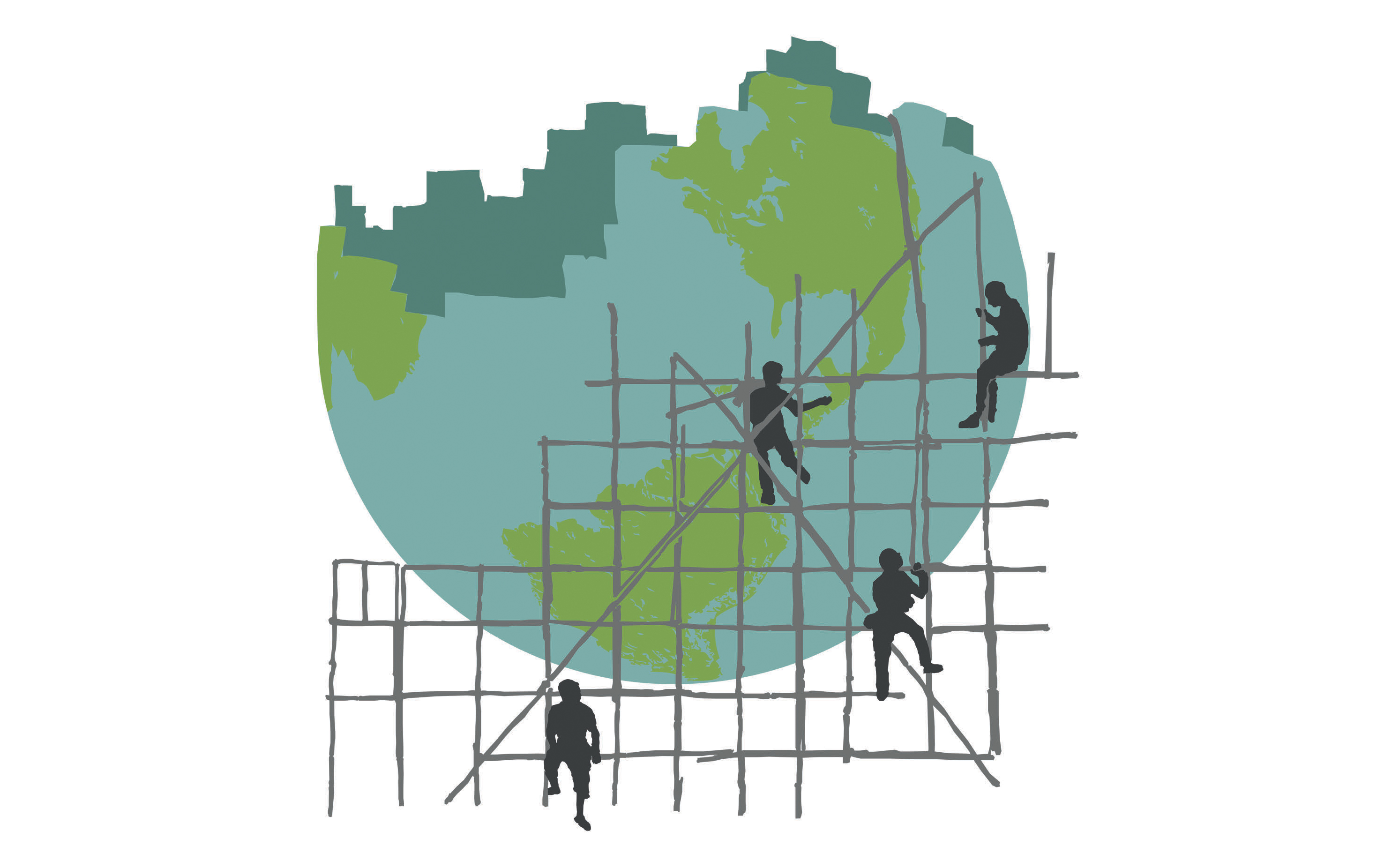Quakers reimagine the economic system
Young adult Quakers came together this week with a common desire for a new economic system that is fairer, more sustainable and resilient. They call for urgent change and a system more focused on wellbeing and the common good.

Around 50 young adult Quakers explored how today's economy works and started to reimagine the world, asking how to put people and planet before profit. They were joined by Andy Haldane from the Bank of England, David Clarke from Positive Money, Joe Earle from Rethinking Economics, Hazel Sheffield from Far Nearer Project, and many others.
In a variety of workshops they explored rethinking money and finance, food justice, democratic workplaces, energy democracy, the role of markets, local economic alternatives, new land use and democratic housing.
Stephen Clement, a Quaker from Stoke Newington Local Meeting said, "I think this is the beginning of something more radical. The day was about joining the dots with people exchanging phone numbers and wanting to carry on. I was surprised by the diversity of people there, in terms of ages and backgrounds, Quakers and non-Quakers, and levels of expertise."
They came together with a desire for a fairer and more sustainable economic system, and will continue to build on the ideas shared, individually, amongst Quakers and with wider society. At the end of the day they minuted:
"Looking at patterns of the new economy, we heard about local communities building alternative systems and ideas about what changes at national level could help bring about a fairer, more sustainable economy...
At the end of the day, we came together again to reflect on the systemic changes we each want to see, and the changes we want to make in our own lives. We shared ideas for taking action – from joining existing organisations and movements and increasing our knowledge, to shopping locally, working with local allotment societies and getting vocal about housing cooperatives.
We came together with a common desire for a new economic system, which is fairer, more sustainable and resilient. This system must also be more focused on wellbeing and the common good. We feel that this change needs to come urgently and this conversation needs to continue, with the involvement of more Quakers and more widely, in society."